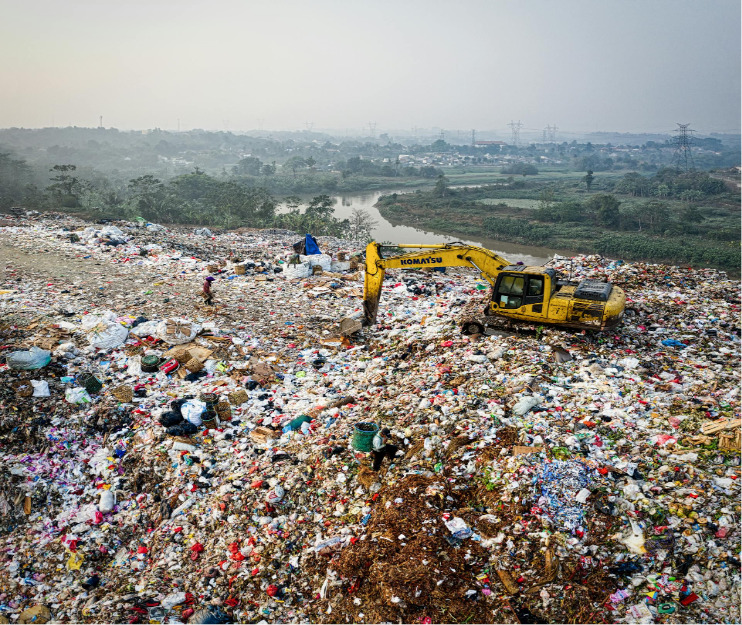Bangladesh is shining a light on rural innovation with the emergence of community plastic recycling hubs that are turning waste into opportunity just days ago. These small but powerful initiatives in areas like Naogaon and Satkhira are combining environmental care with local economic growth. In recent weeks, several rural hubs began collecting plastic waste from homes, markets, and rivers. These centres pay small bonuses to villagers who bring in sorted plastics—bottles, wrappers, and containers. They also receive technical training and seed funding to help them reuse or recycle plastic into useful products like eco-bricks and compost bins. These products can then be used locally or sold to earn income. This initiative mixes Bangladesh’s core agricultural heritage and the rising agritech sector. Farmers and households in these communities are now engaging in eco-friendly practices—helping clean their villages and build structures like birdhouses or benches using eco-bricks. Agritech experts support them by showing how compost bins made from recycled plastic can improve soil in gardens and small farms. There’s also a strong link with the education sector. Schools in the region have introduced waste-segregation programs, teaching children to separate plastics, paper, and kitchen waste. Some hubs even host field trips for students, turning garbage into learning tools. This hands-on approach encourages kids to explore engineering, design, and environmental stewardship from a young age. On the financial side, micro-finance and fintech groups are stepping up. Local hubs now access small loans and digital payment systems, which enable them to buy collection bins, sorting tables, and even compactors. Better finance tools help entrepreneurs quickly scale their operations, bring in more workers, and pay fair wages to waste pickers. Logistics and transport sectors benefit too. As more plastic is gathered and processed, small vans and moto-carriers are hired, helping informal transport operators earn consistent income. This ripple effect reaches local markets, creates fuel sales, and supports vehicle repair shops in villages. Linking to healthcare and public health, these cleanups are reducing plastic-blocked drains—lowering the risk of waterborne diseases, mosquito breeding, and diarrhoea outbreaks. Rural communities are becoming safer and healthier, especially during the monsoon season when stagnant water can spread illness. Finally, this movement supports Bangladesh’s broader environmental aims. It aligns with national goals to recycle more plastics and combat pollution. By empowering local action, the government encourages communities to embrace sustainable living and circular economies. Bangladesh’s rural plastic hubs are more than just collection centres—they are community engines that blend agriculture, education, finance, transport, health, and environmental care. Through simple acts like gathering waste and building compost bins, villagers are turning trash into treasure. And as these hubs grow, they spark hope. They show that big change can come from small communities working together. With continued support in agritech, fintech, logistics, and education, Bangladesh’s village-led recycling revolution can spread—and with it, the power of clean, healthy, and productive rural futures.
Rural Recycling Heroes: Plastic Hubs Sprout in Bangladeshi Villages
4

